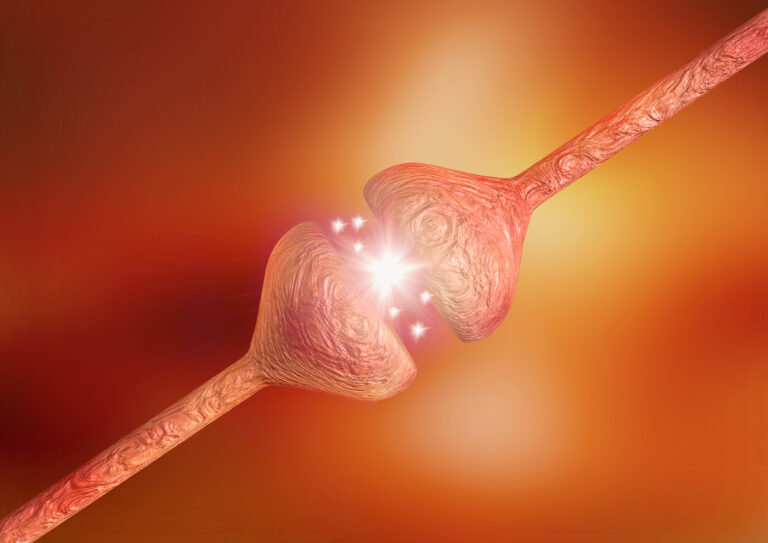Natural Spices That Support Cognitive Function

Natural Spices That Support Cognitive Function Many everyday spices found in kitchens around the world offer more than flavor. They contain compounds that may help sharpen memory, lift mood, and protect the brain from age-related decline. Researchers have studied several…








